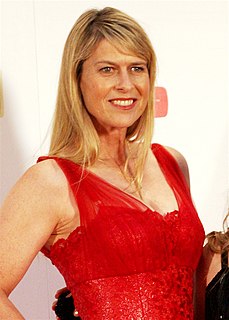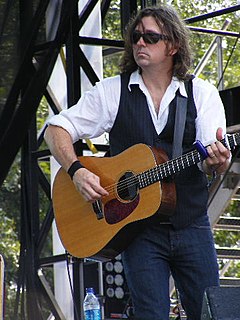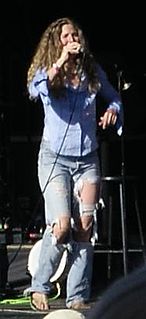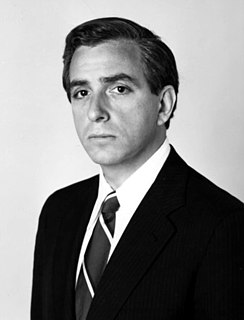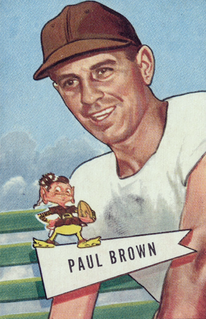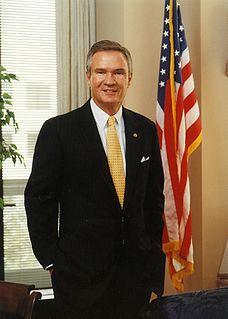Top 22 Wetlands Quotes & Sayings
Explore popular Wetlands quotes.
Last updated on April 14, 2025.
I love Nashville, but I miss the Gulf Coast, the wetlands, and the Delta of Lower Alabama every day. Magnolia Springs is a sweet little town in reality, but, in my heart, it is a kind of mythological oasis. I relive the memory every time I cross the Magnolia River. My memory is probably not accurate, but it's a wonderful memory. So Magnolia Springs lives in my heart as a beautiful, cool, watery place.
The "developed" nations had given to the "free market" the status of a god, and were sacrificing to it their farmers, farmlands, and communities, their forests, wetlands, and prairies, their ecosystems and watersheds. They had accepted universal pollution and global warming as normal costs of doing business.
The number of people displaced by dams is estimated at between 40 million and 80 million, most of them in China and India. The costs of dams were on average 50% above their original estimate. Some designed to reduce flooding made it worse, and there were many unexpected environmental disadvantages, including the extinction of fish and bird species. Half the world's wetlands had been lost because of dams.
I look at it this way... For centuries now, man has done everything he can to destroy, defile, and interfere with nature: clear-cutting forests, strip-mining mountains, poisoning the atmosphere, over-fishing the oceans, polluting the rivers and lakes, destroying wetlands and aquifers... so when nature strikes back, and smacks him on the head and kicks him in the nuts, I enjoy that. I have absolutely no sympathy for human beings whatsoever. None. And no matter what kind of problem humans are facing, whether it's natural or man-made, I always hope it gets worse.
A scientist with a poet's command of language, Cristina Eisenberg writes with precision and passion . . . takes her reader on a breathtaking, sometimes heartbreaking tour of the planet from the Gulf of Maine to the Amazonian rain forests, the tropical coral reefs to old growth forests of the Northwest as well as rivers, lakes, and wetlands. I found the wealth of information not only accessible but riveting . . . Eisenberg's powerful, beautifully written book . . . has the potential to open many people's eyes, minds, and hearts.

